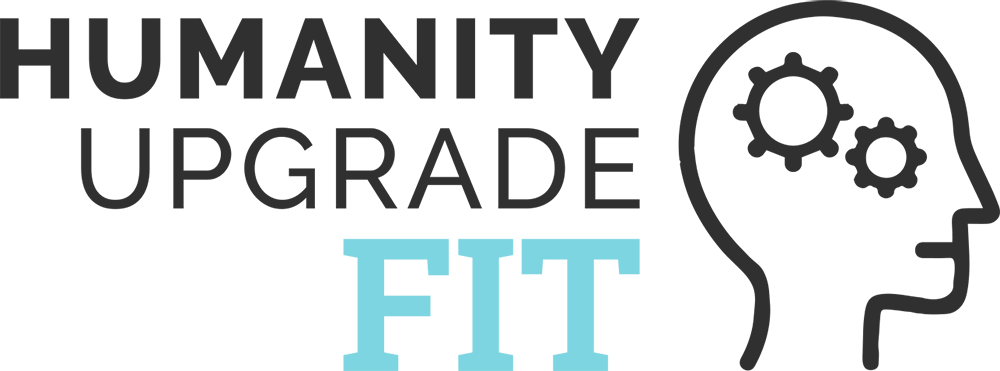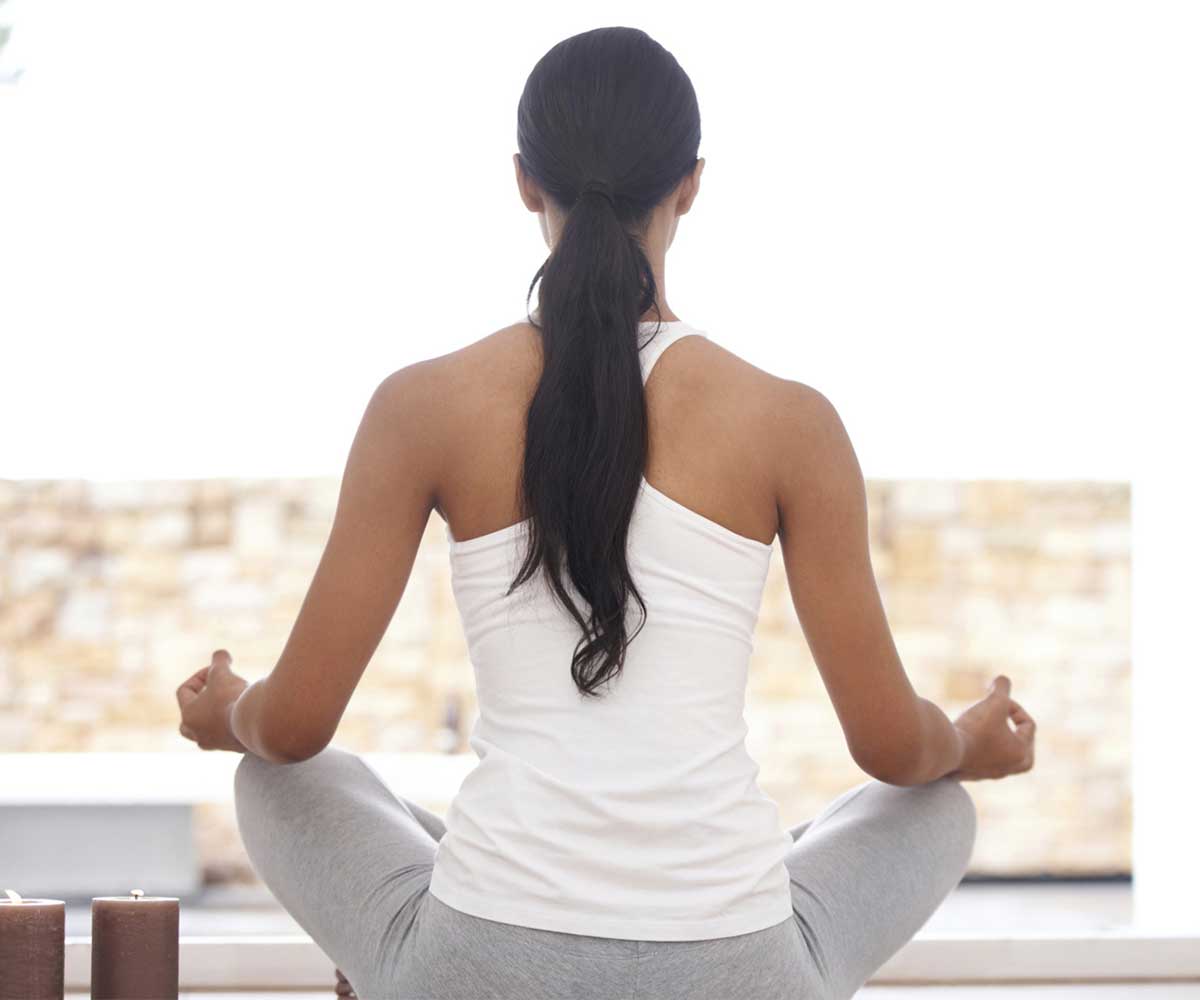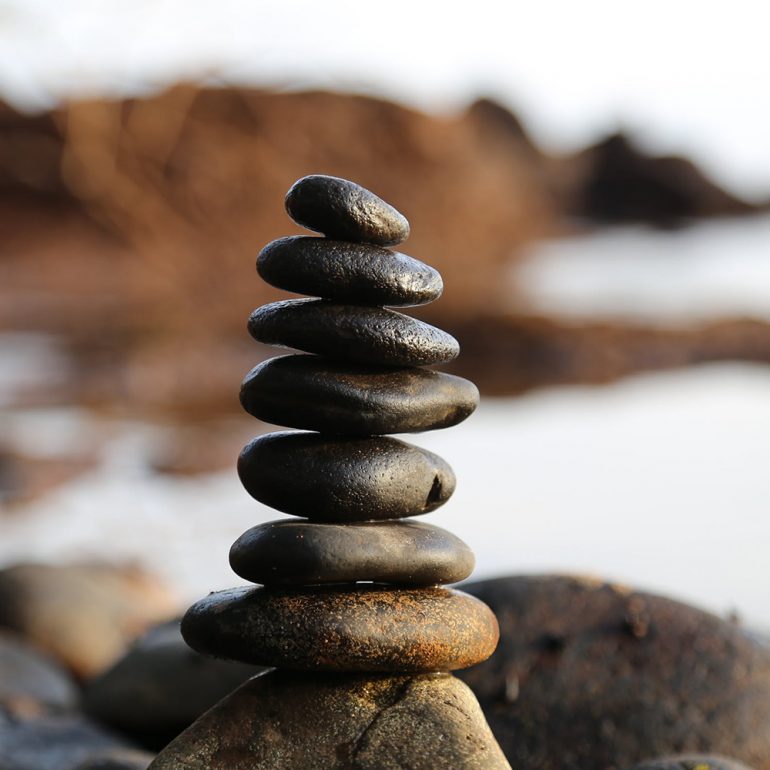What does it mean to be ‘mindful’? How do you know if you’re actually meditating? Daily mindfulness, meditation, yoga, and all kinds of practices are becoming more popular as many struggle with the stresses of daily life.
There are lots of excellent resources online for anyone who would like to learn how to meditate, which is just a word to describe the use of a practice or technique to focus or train the mind to achieve various positive outcomes. Everything from better attention to increased ability to solve problems and increased awareness and peace of mind are all proven benefits. Meditation and/or daily mindfulness is also a spiritual practice for many who utilize it. See the studies below.
The Stresses of Life
My clinical experience as a nutritional therapist taught me that food choices are foundational to health. You cannot have a healthy body without putting healthy foods in it. Though, as I became more interested in what was unique about each person I worked with, as well as what was consistently impactful for all of my clients, I could see clearly that their mindset and personal relationships mattered a great deal.
I remember a beautiful woman in her mid-forties with severe constipation living in an abusive marriage, afraid to ever truly let go and be vulnerable. A teenage boy in college with severe eczema on his hands that would often crack and bleed, resistant to removing troubling foods because he was afraid that there would never be an effective treatment, so why even try?
These were real people living full and busy lives.
They had more choices to make each day than what to feed themselves. They needed something more than a food list and recipe guides. I couldn’t shield my clients from the world (though I often wanted to), so I needed to help them find a way to be IN the world, but not so negatively affected by it every day. I needed to find a way to give them a buffer so that they could actually get better without living in a bubble.
At the time, I also had clients dealing with severe and chronic pain, things like migraines, neuropathy, and fibromyalgia. Unfortunately, these conditions are all too common, and medical treatment options are not yet effective for many (if not most) that suffer from them. Part of the reason for that is that supplements and medications are only chemical means of supporting the body’s needs, and the human being is more than just a chemical body.
Beyond the Medicine
We, humans, have complex and interrelated systems, where our emotions, our minds, or our physical energy fields affect our functioning. To help someone who hasn’t found relief from traditional chemical methods requires effort on other fronts. Several of these clients would ask me about the medicinal benefits of cannabis, having tried all else. At the time, there was no legal medical cannabis program in their home state of Virginia. As a practitioner, I had to find another way to help them; one that didn’t involve recommending something that they couldn’t safely access.
After doing some research, I came to understand that the body had a system called the endocannabinoid system. It acts as a regulator for homeostasis, or balance, in the body. Every other system and organ of your body, such as the digestive system, the pulmonary system, the brain, the skin, the bones, etc., all have special little sites where cannabinoids can affect action. This is why taking exogenous, or external cannabinoids, such as eating cannabis products, or inhaling cannabis smoke or vapor, have an effect on the conditions of those who use them. The body has a system that can regulate all of the other ones, including the suppression of physical or emotional pain.
This showed me something profound.
-
You can take cannabinoids externally (as in using cannabis or other plants like cacao that affect the endocannabinoid system ) OR…
-
You can make them yourself. Get high on your own supply, as it were.
It Allows for People to Self-Heal
I think it’s clear from this science that we are not only able to help ourselves heal, but we are supposed to use this ability. Looking back, for me personally, I think it was at this point that BLOOM Mind|Body was conceived. Even if not born for another two years, my desire to help people discover their own hidden power to improve their lives was firmly rooted, waiting for the right time to grow and blossom.
The best part? ANYONE can start a daily mindfulness practice, ANYTIME. For free. It’s super simple.
Just find a comfortable seat, sit with your spine comfortably straight, or lay down if this is too uncomfortable. Close your eyes and focus on keeping your attention only on the sensations of your breath in your body. If you like, set a timer for a few minutes. Try to remain curious about what happens, and know that no matter what occurs, you are “doing it right” since you are “practicing.”
To learn more, stay tuned in this space by subscribing to the BLOOM blog (if you haven’t already) for more teaching, videos, tips, and support as you begin your meditative journey. If you are thirsty for more or feel you need some help or coaching, start here. Every journey begins with a single step. It’s never too late (or early) to get started.
-
Breathing out triggers less memory activation than inhaling, i.e. when you breathe out to “let go,” you are literally letting go of things with your mind. Hm. Interesting.
-
Meditation relieves pain without using the body’s opioid system.
-
Meditation can help you focus and keep your brain young and healthy, and is preventative against dementia or age-related cognitive decline.
-
Even with only two-and-a-half hours a week, meditation was able to consistently improve anxiety and depression. If you are very anxious or very depressed, I’ll bet you spend a lot more than two-and-a-half hours feeling those things acutely, and meditation might be worth a try.
Following her clinical experience in nutritional therapy, epigenetics counseling, and a national directorship educating and training a large corporate team, as well as study with an indigenous Yaqui healer; Lauren has integrated the science of nutrition and epigenetics with mindfulness training and intuitive awareness, founding BLOOM Mind|Body. Lauren believes that anyone can bring peace and balance into their daily routine and create the vibrant health and well-being they’ve always hoped was possible. The BLOOM community believes that true nourishment comes from more than just food, and the Mind|Body approach focuses on creating balance through mindfulness, sustainable plant-based eating, and prioritizing the growth of the spirit for a multi-dimensional healing experience.




